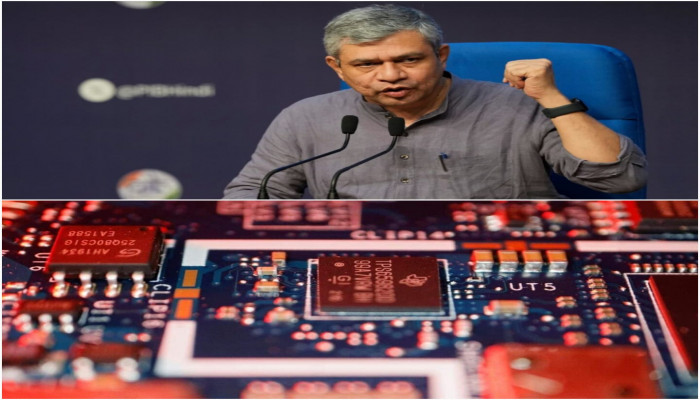India Developing 25 Indigenous Chipsets Focused on Surveillance, Wi-Fi Access: Minister Ashwini Vaishnaw
- In Reports
- 04:16 PM, Apr 12, 2025
- Myind Staff
India is currently working on 25 chipsets using homegrown intellectual property, focusing primarily on sensitive areas such as surveillance and Wi-Fi access, according to Union Minister Ashwini Vaishnaw. This effort is part of the Design-Linked Incentive (DLI) scheme. In a recent conversation with Business Standard, Vaishnaw shared that 13 projects are currently in progress and being carried out by the Centre for Development of Advanced Computing (C-DAC) in Bengaluru. He emphasised, “Owning IP ensures security and transforms us from a services nation to a product nation,” and added that the soon-to-be-established semiconductor fabrication units will produce these chips within the country.
The minister also mentioned that the government has provided advanced chip design tools to 240 educational institutions to help nurture skilled talent. As a result, students have developed 20 chips that will soon be taped out at the Semiconductor Laboratory in Mohali. This step is expected to build confidence and help train around 85,000 skilled engineers over the next ten years. In addition, Vaishnaw shared that the recently introduced Production-Linked Incentive (PLI) scheme for electronic components aims to double the sector's value addition within five years. Over the last decade, electronics manufacturing has increased five times, and exports have gone up six times, mostly due to the PLI scheme, which has also created 2.5 million jobs.
He highlighted that India is moving away from an import-substitution approach and is now focusing on export-driven growth in the electronics sector. “Make in India, make for the world,” Vaishnaw emphasised, pointing to ongoing efforts to connect with global supply chains. Addressing concerns about the Digital Personal Data Protection (DPDP) Act, Vaishnaw gave reassurance that the law is in harmony with the RTI Act and Supreme Court decisions. “Public-interest data will remain accessible,” he stated.







Comments